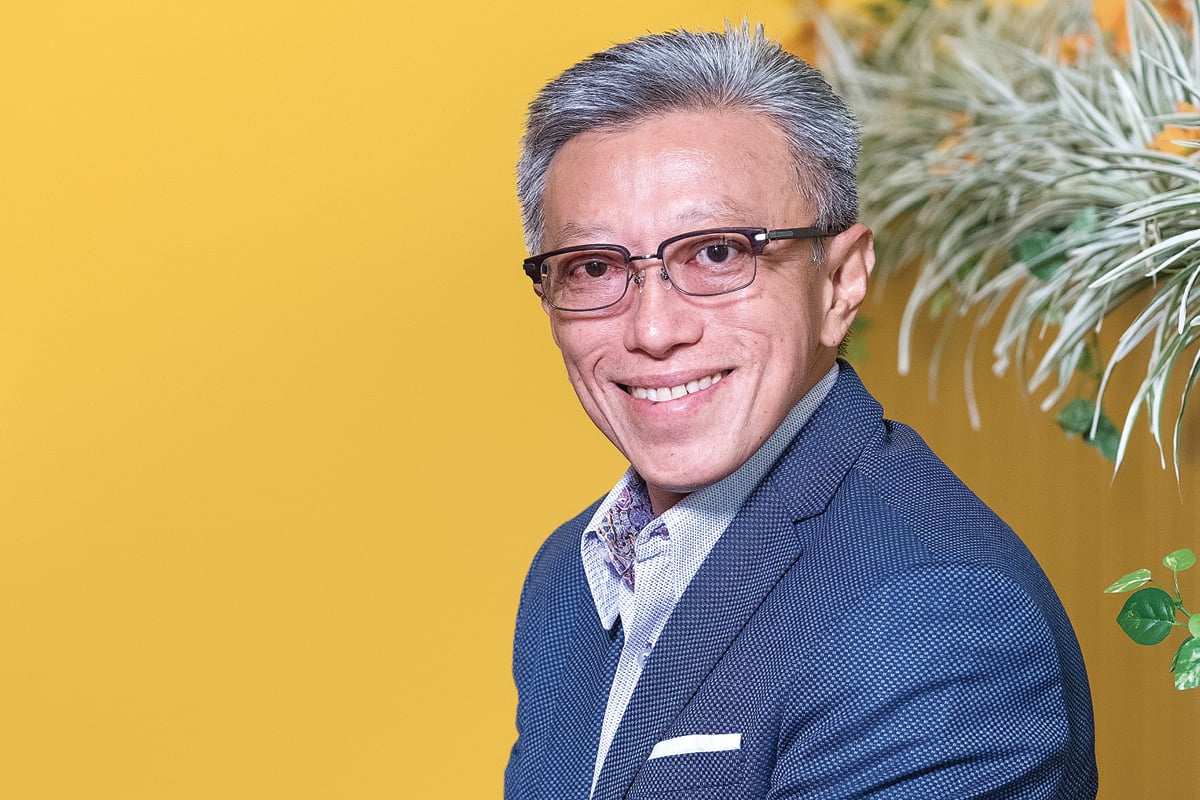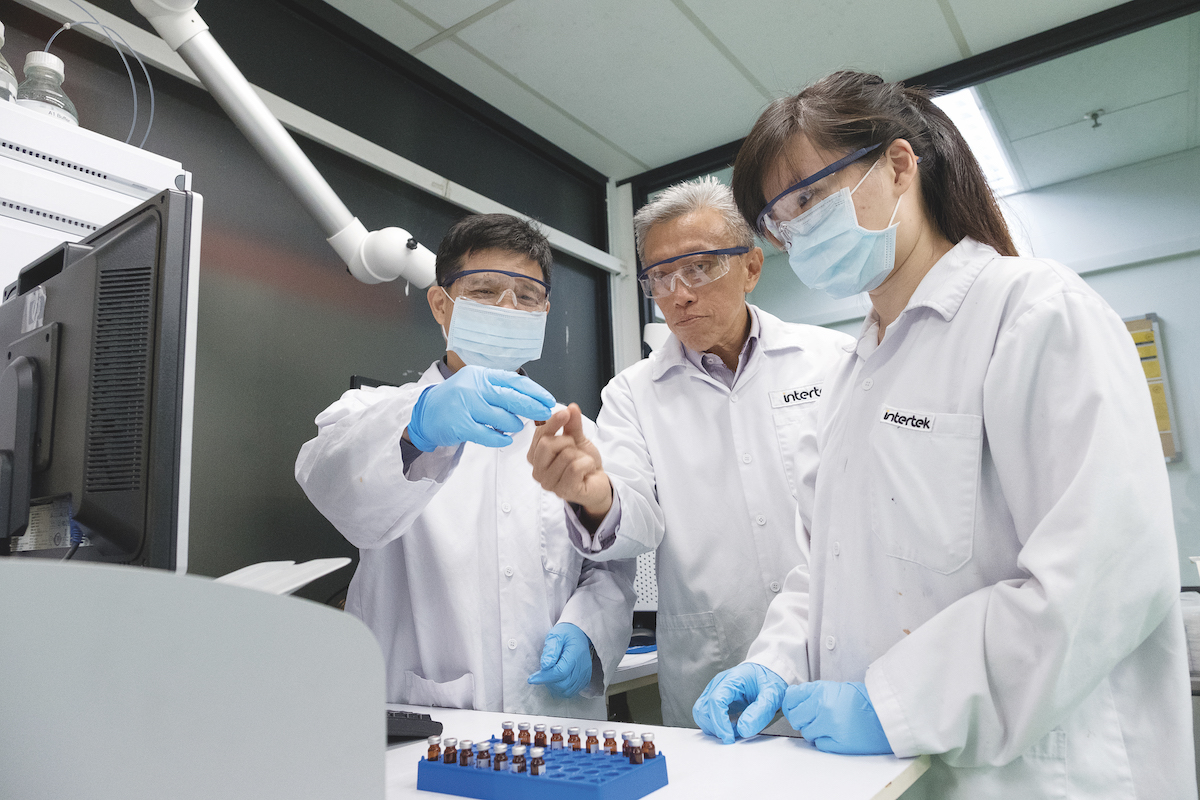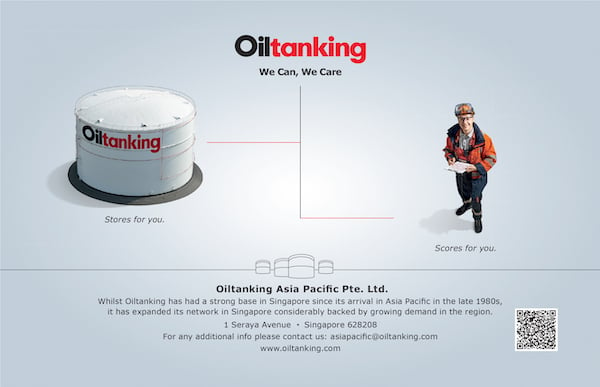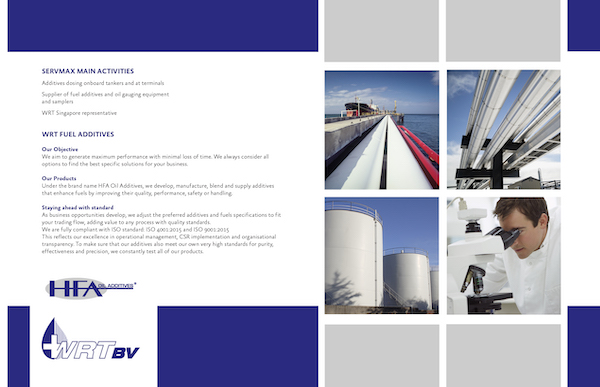Companies wishing to invest in and sell to new markets are discovering that regulations, supply chains and distribution channels are becoming increasingly complex. The Asia–Pacific region, home to some 650 million people, is a target market of huge potential. But the region’s diverse cultural, legal, religious and geographic backgrounds make turning export business growth from foray to successful venture a challenging task.

Risk management, legal requirements, regulatory controls and government bureaucracy can throw hurdles in front of the best-laid corporate plans. That’s where Intertek comes in. As all stakeholders increasingly focus on quality, safety and sustainability, Intertek is able to guide companies and investors through what can be a bureaucratic maze, bringing peace of mind to both suppliers and consumers.
The US$250 billion quality assurance industry has attractive growth prospects, spurred on by an increased corporate focus on risk management in global trade, energy demands, new technology, expanding regulations and more complex sourcing and distribution operations. Particularly visible now is the region’s rapidly growing consumer demand for higher quality and more sustainable products.
Intertek, with 44,000 employees in 1,000 locations in more than 100 countries, is a global leader in this sphere. Regional Managing Director Singapore, Malaysia and Thailand, Koh Ching Hong, is right in the middle of this fast-moving region, and is excited by its enormous growth potential, but perhaps just as importantly, by the opportunity to deliver more innovative solutions to meet clients’ changing needs.
“Four years ago, Intertek identified that the market was moving from Testing, Inspection and Certification (TIC) to Assurance, Testing, Inspection and Certification (ATIC). As supply chain operations have become more complex, providing end-to-end assurance solutions has become mission critical for clients and sustainability is, of course, a large part of it,” Ching Hong explains.
“South-East Asian communities are becoming highly educated, and they are getting more mobile. With greater foreign direct investment going into ASEAN countries, we are seeing some multinational corporations sourcing from or moving into ASEAN countries,” he explains.
Ching Hong is keen to see Intertek become the eyes and ears of companies wishing to establish services for suppliers and factories in these countries. “It’s where the growth opportunities are,” he points out. “And, of course, ASEAN is moving towards being a highly industrialised and advanced manufacturing base. This is where we see a lot of opportunities in ASEAN.”

Intertek’s ‘holistic, end-to-end approach’ encompasses an independent system to help companies, governments and regulators look at risk, governance, supply chains and sustainable processes. Because of its extensive expert research capabilities, it is in an enviable position to assist companies to embed sustainable practices across their entire supply chains.
The explosion in ecommerce platforms, with quality assurance online in its infancy, has opened new avenues for Intertek. While bricks-and-mortar producers and sellers generally have quality controls for consumers, online operators are not so transparent.
“We are seeing an increasing number of companies seeking a systemic, end-to-end approach to risk management in their sourcing and distribution chains. When you buy from vendors online, how can you be sure the product meets the most rigorous quality standards? It has now come under our purview, and we are helping many of these companies to certify or qualify them, before they can put a product on an ecommerce platform or sell online,” Ching Hong reveals.
Intertek at a glance
Employees – 44,000
Locations – 1,000
Countries – 100
Intertek listed on the London Stock Exchange in 2002 as Intertek Group and is in the FTSE 100.
As well as quality, stakeholders are increasingly demanding greater sustainability, and companies are responding to these calls, says Ching Hong. Intertek is playing a key role in this regard, offering clients end-to-end sustainability solutions.
“People might look at sustainability as an ecological term – how energy is readily sourced; pollution and waste management. But being sustainable gives you a social licence, and can open up new revenue streams. For example, plastic companies can look at not just normal plastics, but plastics that can be recycled or that are zero waste.
“That is why I work for Intertek – its core purpose is ‘to bring quality, safety and sustainability to life’. It means that we support our clients end-to-end,” he declares. “Especially in today’s world, where products are sourced from around the world. It means that our purpose is a force for good.”
Proudly supported by:




